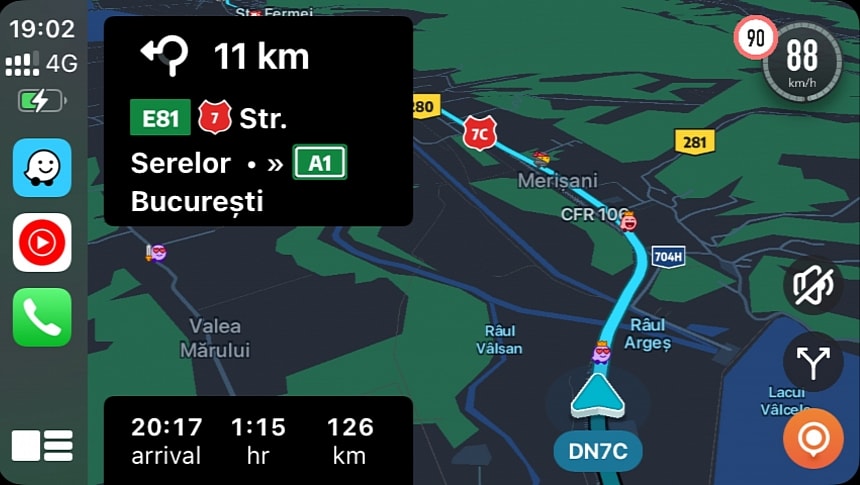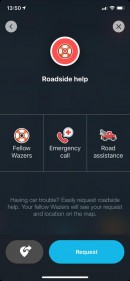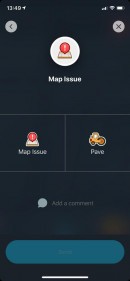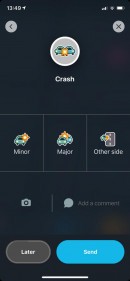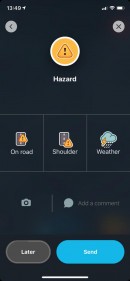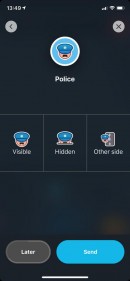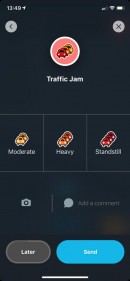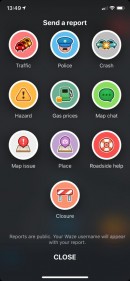The integration of police reports in Waze has long been a controversial feature, with some users believing that the Google-owned company should remove it. Their main reasoning revolves around speedsters relying on Waze warnings to slow down before they meet speed traps and going over the limit again after passing their location.
However, the police reports in Waze are supposed to make the time spent behind the wheel safer by making every journey more predictable. Drivers who see speed traps pinned on the map slow down in advance, compared to slamming on the brakes when they spot the police officer on the side of the road.
This feature has also divided law enforcement worldwide. While some police officers claim that allowing users to pin flag them on the map supports their goal of reducing speed, at least for the duration of the enforcement, others believe a Waze report could help a criminal avoid police detection.
A similar opinion has been echoed by Canadian police troops in Guelph, who believe that reporting the location of police troops on the road could be irresponsible.
Scott Tracey, Media Relations Coordinator with Guelph Police Service, acknowledged that the feature could become a double-edged sword. If used right, the feature allows drivers to be more careful behind the wheel, but a police report could also allow a criminal to take a different route and avoid getting caught.
Tracey explained to the local media that impaired drivers could use Waze police reports to anticipate police locations and find a route where they wouldn't be pulled over.
However, the Guelph police are concerned that the Waze feature could make the Ride Check Program less effective. Often referred to as RIDE, this program involves police officers setting up random stops and checkpoints for document inspection and random stops supposed to catch impaired divers. In some cases, police set up checkpoints for roadside breathalyzer tests.
Tracy explained that irresponsible use of the police reporting engine in Waze could allow an impaired driver to escape the checkpoints and eventually pose a bigger threat to everybody on the road.
Waze has never commented on these opinions, but the company continues to offer the police reporting option in all regions where it's not required otherwise by law. France is one of the countries that passed legislation to forbid navigation apps from including a police reporting option. Navigation apps can continue offering all other reporting options except for support for pinning the police location on the map.
Waze is available on iPhone, Android, CarPlay, and Android Auto and uses a crowdsourcing engine that allows users to send traffic reports for speed traps, traffic jams, accidents, broken traffic lights, potholes, and other hazards. The application is owned by Google and needs a permanent Internet connection to download and upload traffic data.
This feature has also divided law enforcement worldwide. While some police officers claim that allowing users to pin flag them on the map supports their goal of reducing speed, at least for the duration of the enforcement, others believe a Waze report could help a criminal avoid police detection.
A similar opinion has been echoed by Canadian police troops in Guelph, who believe that reporting the location of police troops on the road could be irresponsible.
Scott Tracey, Media Relations Coordinator with Guelph Police Service, acknowledged that the feature could become a double-edged sword. If used right, the feature allows drivers to be more careful behind the wheel, but a police report could also allow a criminal to take a different route and avoid getting caught.
Tracey explained to the local media that impaired drivers could use Waze police reports to anticipate police locations and find a route where they wouldn't be pulled over.
However, the Guelph police are concerned that the Waze feature could make the Ride Check Program less effective. Often referred to as RIDE, this program involves police officers setting up random stops and checkpoints for document inspection and random stops supposed to catch impaired divers. In some cases, police set up checkpoints for roadside breathalyzer tests.
Tracy explained that irresponsible use of the police reporting engine in Waze could allow an impaired driver to escape the checkpoints and eventually pose a bigger threat to everybody on the road.
Waze has never commented on these opinions, but the company continues to offer the police reporting option in all regions where it's not required otherwise by law. France is one of the countries that passed legislation to forbid navigation apps from including a police reporting option. Navigation apps can continue offering all other reporting options except for support for pinning the police location on the map.
Waze is available on iPhone, Android, CarPlay, and Android Auto and uses a crowdsourcing engine that allows users to send traffic reports for speed traps, traffic jams, accidents, broken traffic lights, potholes, and other hazards. The application is owned by Google and needs a permanent Internet connection to download and upload traffic data.
